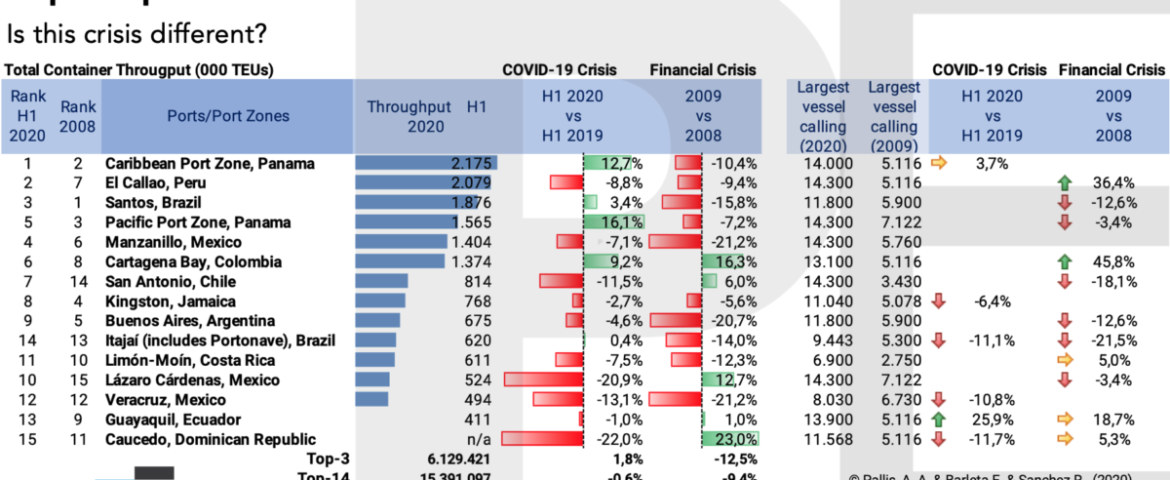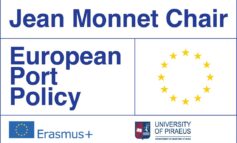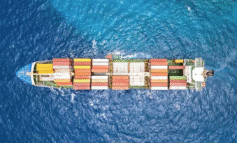PortGraphic substantiates the need for exploring the full scale that the current global crisis is different from the previous one(s), and, second, the extent that this time regional variations might be present and more extensive.
by: Thanos Pallis, Eliana Barleta and Ricardo Sanchez
Our PortGraphic focuses on the top-15 container ports in Latin America and the Caribbean (LAC), revealing the impact of the COVID-19 pandemic and compares this impact with one of the previous major global crises, the financial tsunami that the world economy witnessed in 2008-09.
Since the early days of 2020, the world is experiencing a major crisis with a major impact on business, trade, and shipping. In Latin America alone, the United Nations Economic Commission for Latin America and the Caribbean (UN-ECLAC, 2020) affirmed that in terms of Gross Domestic Product (GDP) growth rate, in 2020 the region is suffering “the worst crisis since 1901”.
In the first half of 2020, the overall picture in the top-15 LAC container ports has sustained surprisingly positive. In terms of throughput, the top-3 LAC ports experienced a 1,8% growth and the top-15 ones experienced a minor decline of 0,8%.
At port level, the picture is mixed. The performance of both the Caribbean and Pacific zone of Panama have been remarkably positive, with Cartagena Colombia serving in H1 of 2020 9,2% more containers than it had done a year before. On the negative side, Caucado, along with the two biggest Mexican ports, Lazaro Cardenas and Veracruz, have been the ports that saw a major decline in the served throughput. San Antonio is the fourth port in the list were a double-digit percentage decline was observed when comparing H1 2020 with H1 2019.
Collecting data from a sample of ports representing 77.4% of the regional activity in 2019, UN-ECLAC observed a drop of the regional throughput by nearly 5.0% in the first half of 2020 against the same period in 2019 (ECLAC, 2020).
Conversely, the financial crisis of 2008-09 had a substantially different impact. In 2009 the top-3 ports and the top-15 had seen their throughput lowering by 12,3% and 9,4% respectively. During what which then termed as “the worst crisis since the 1930s”, LAC container ports moved nearly 32 million TEUs, the equivalent of 7% of the worldwide total, which was 13.7% less than in 2008.
Different has also been the impact as regards the biggest vessel deployed in each of the major LAC ports. Contrary to what is reported in other parts of the world, in the case the impact of the COVID-19 crisis 2020 has implied fewer changes, and certainly less than the ones that were produced due to the financial crisis of 2008-09.
While recent publications have detailed how the COVID-19 pandemic has affected the global port systems (Notteboom and Pallis, 2020) and maritime supply chains (UNCTAD, 2020), the presented PortGraphic substantiates the need for exploring the full scale that the current global crisis is different from the previous one(s), and, second, the extent that this time regional variations might be present and more extensive.
References
ECLAC (2020). Movimiento portuario LAC. September 2020. United Nations Economic Commission for Latin America and the Caribbean (UN-ECLAC)
Notteboom T.E. & Pallis A.A. (2020). IAPH-WPSP Port Economic Impact Barometer Half Year Report: A survey-based analysis of the impact of COVID-19 on world ports in the period April to September 2020. International Association of Ports & Harbors.
UNCTAD (2020). COVID-10 and maritime transport: impact and responses. UNCTAD/DTL/TLB/NF/2020/1 (principal author: Thanos Pallis), Geneva: UNCTAD
Authors
Thanos Pallis, University of the Aegean, Greece & Universidad de Los Andes, Colombia; Eliana Barleta, United Nations Economic Commission for Latin America and the Caribbean (UN-ECLAC); Ricardo Shanchez, United Nations Economic Commission for Latin America and the Caribbean (UN-ECLAC). All views expressed in the article are personal.












